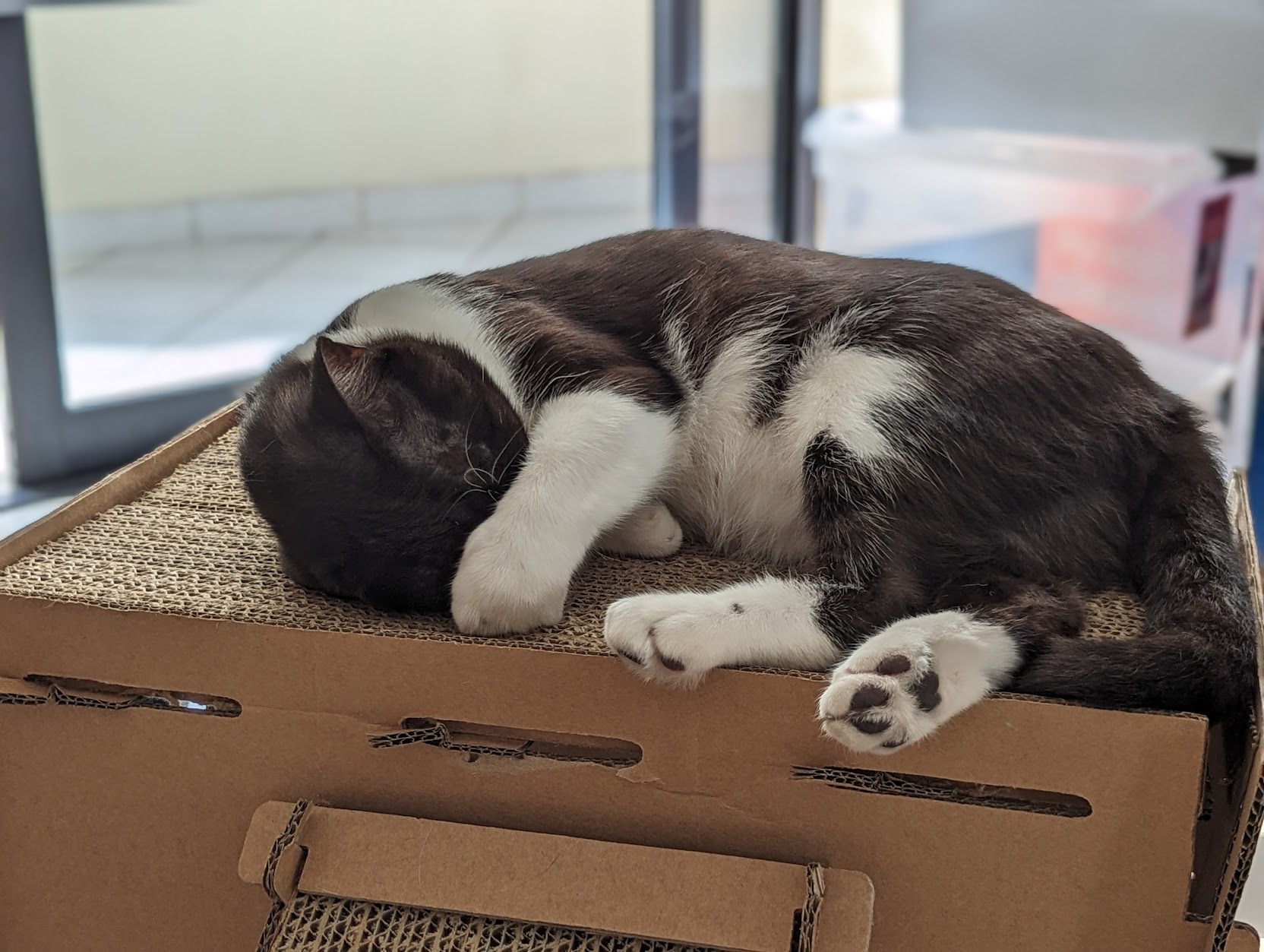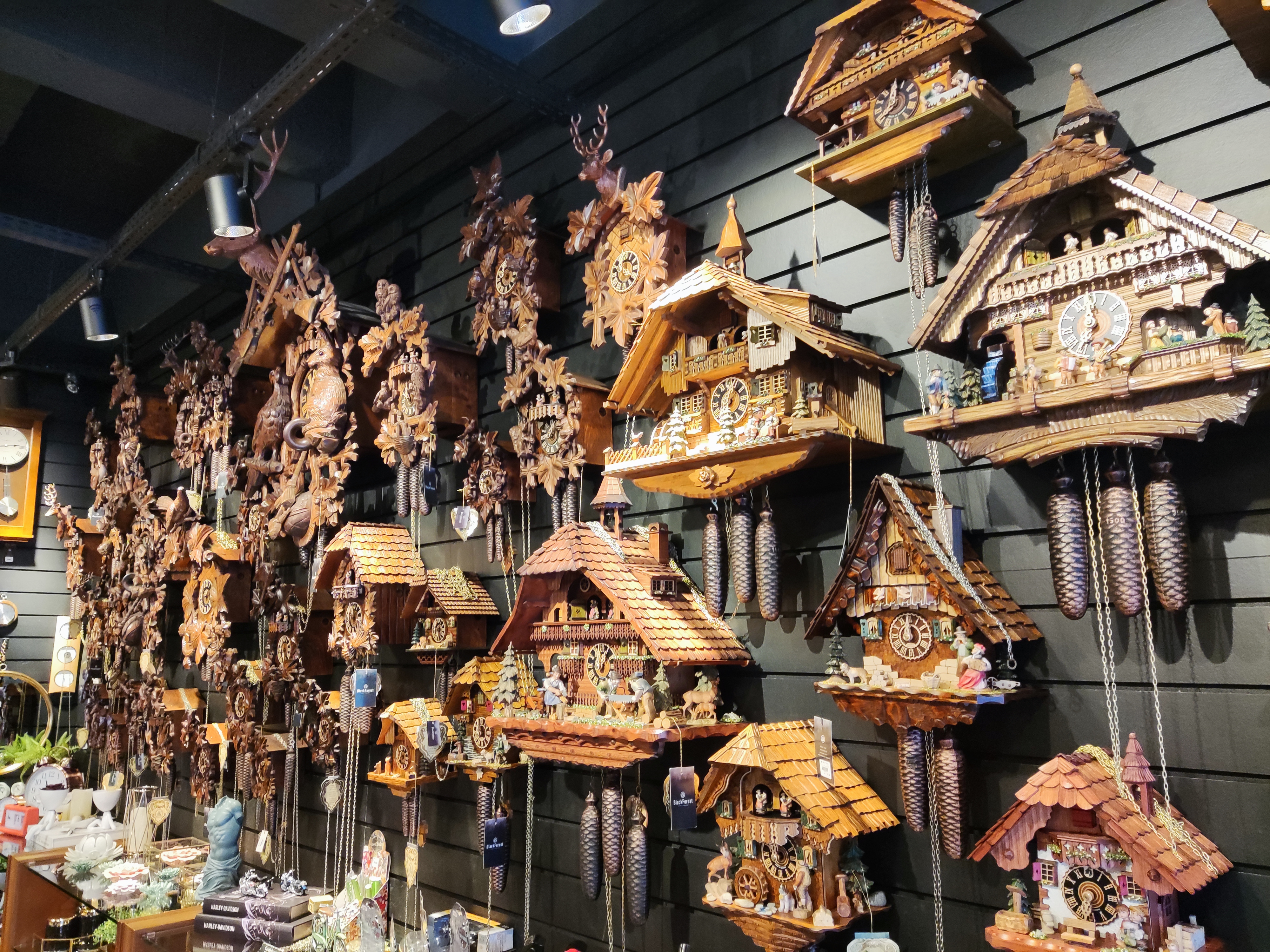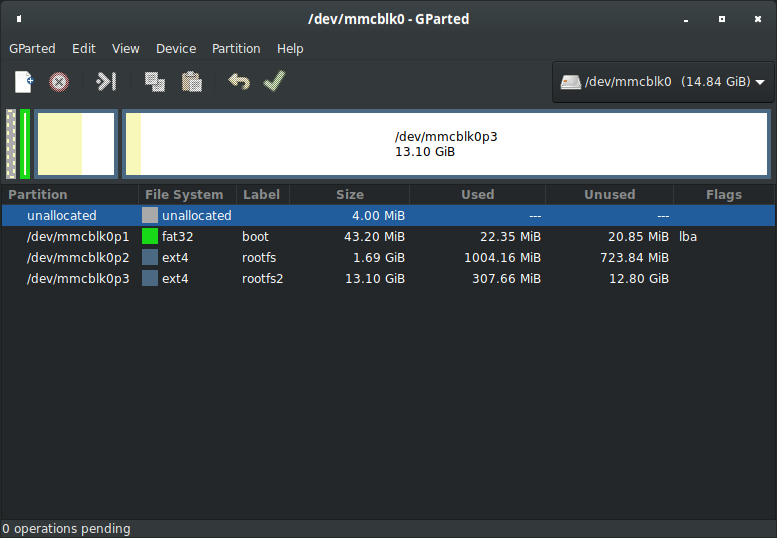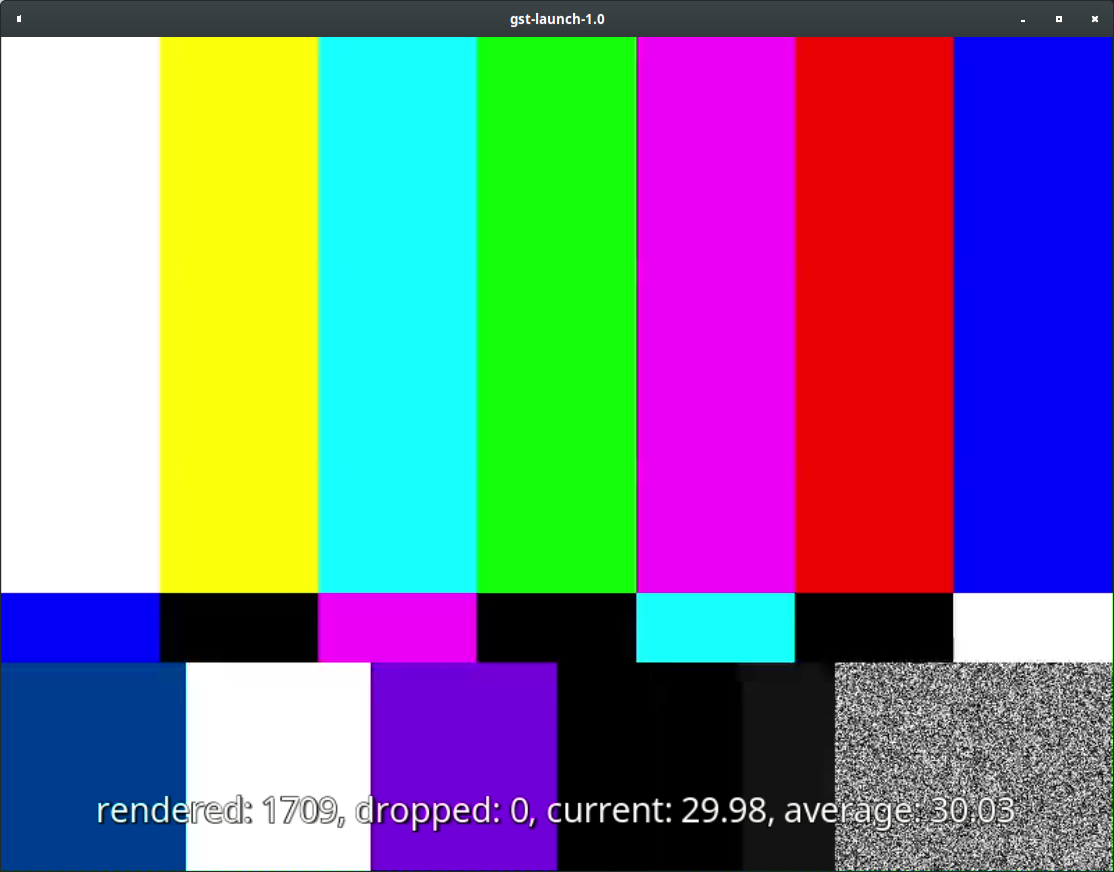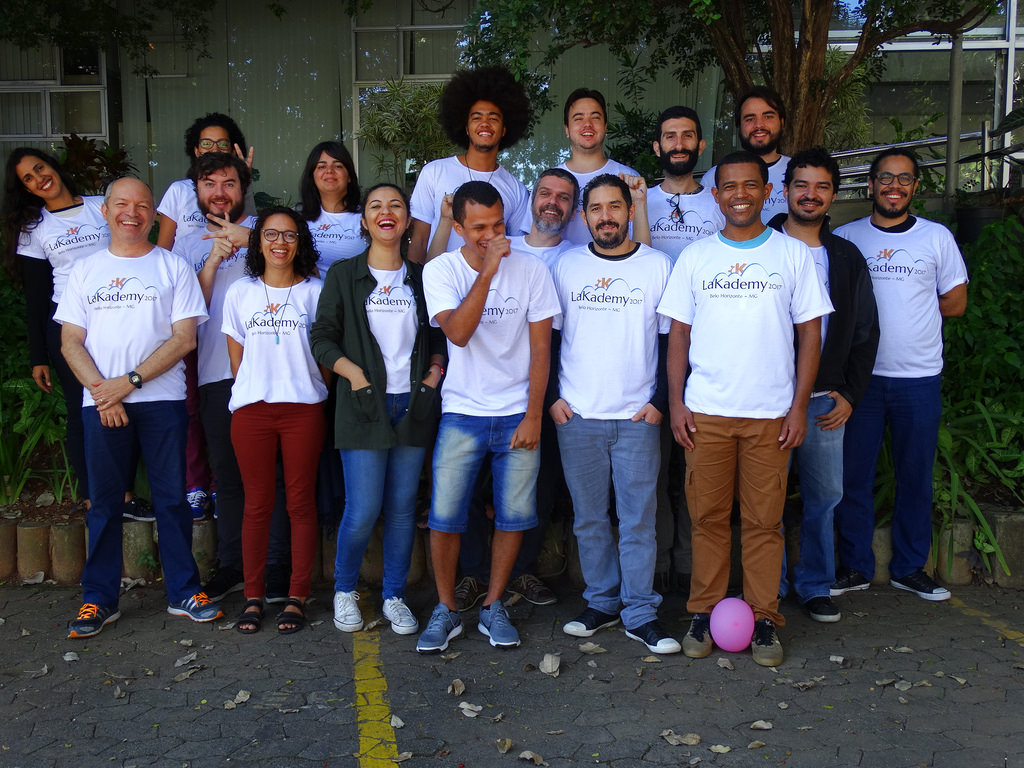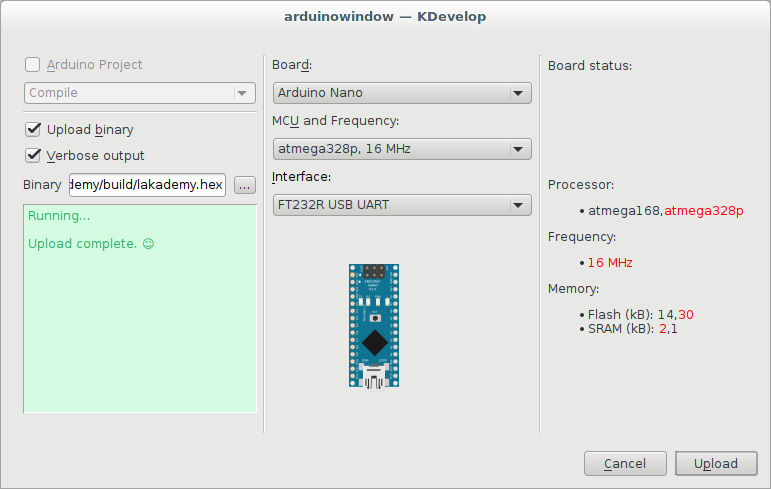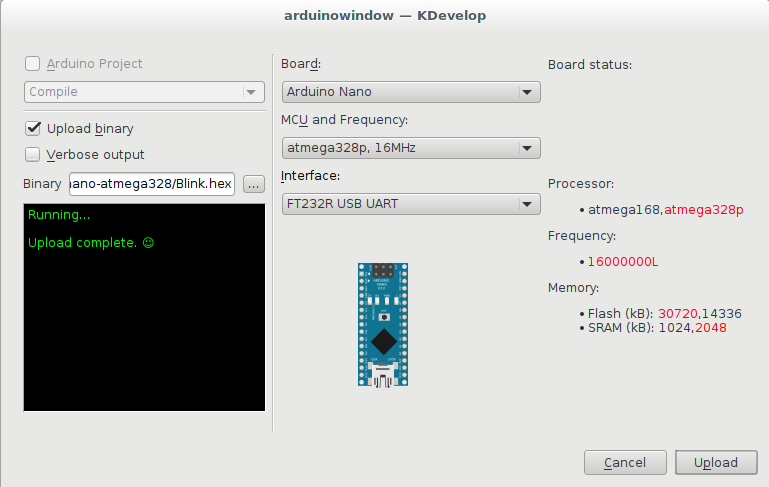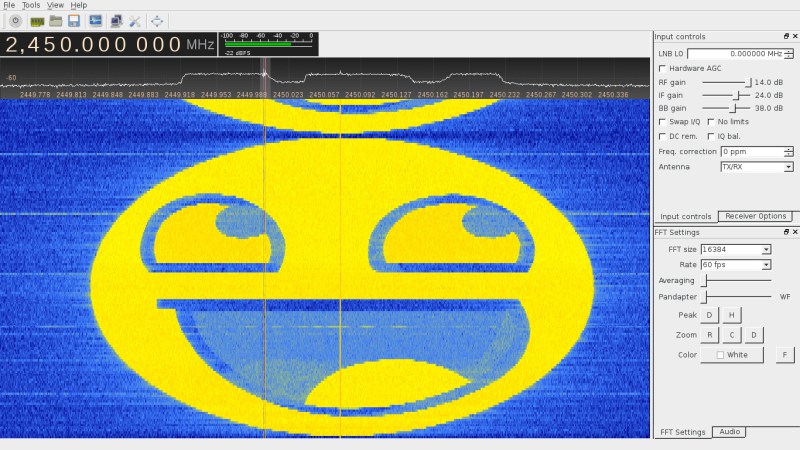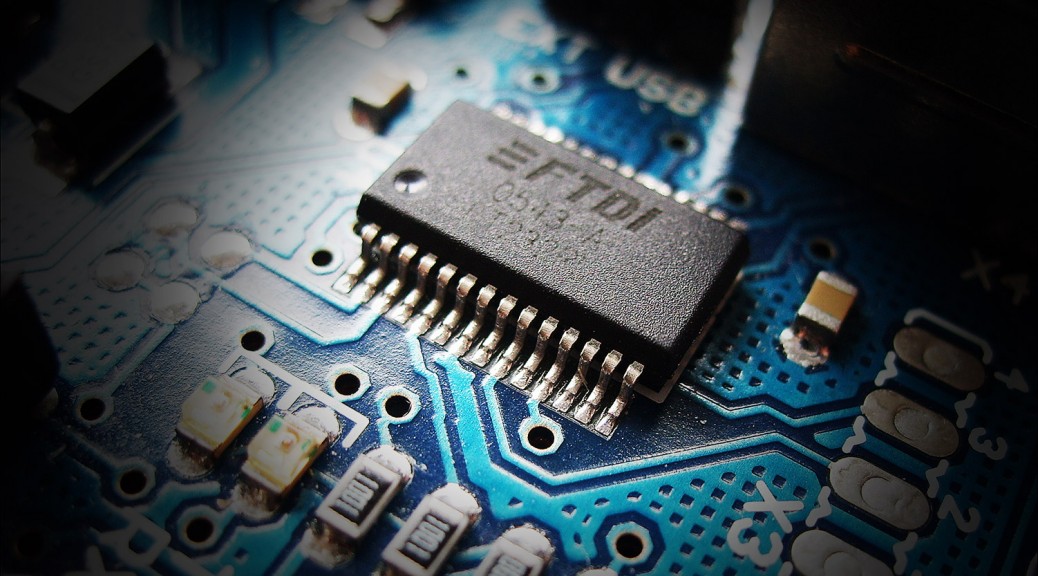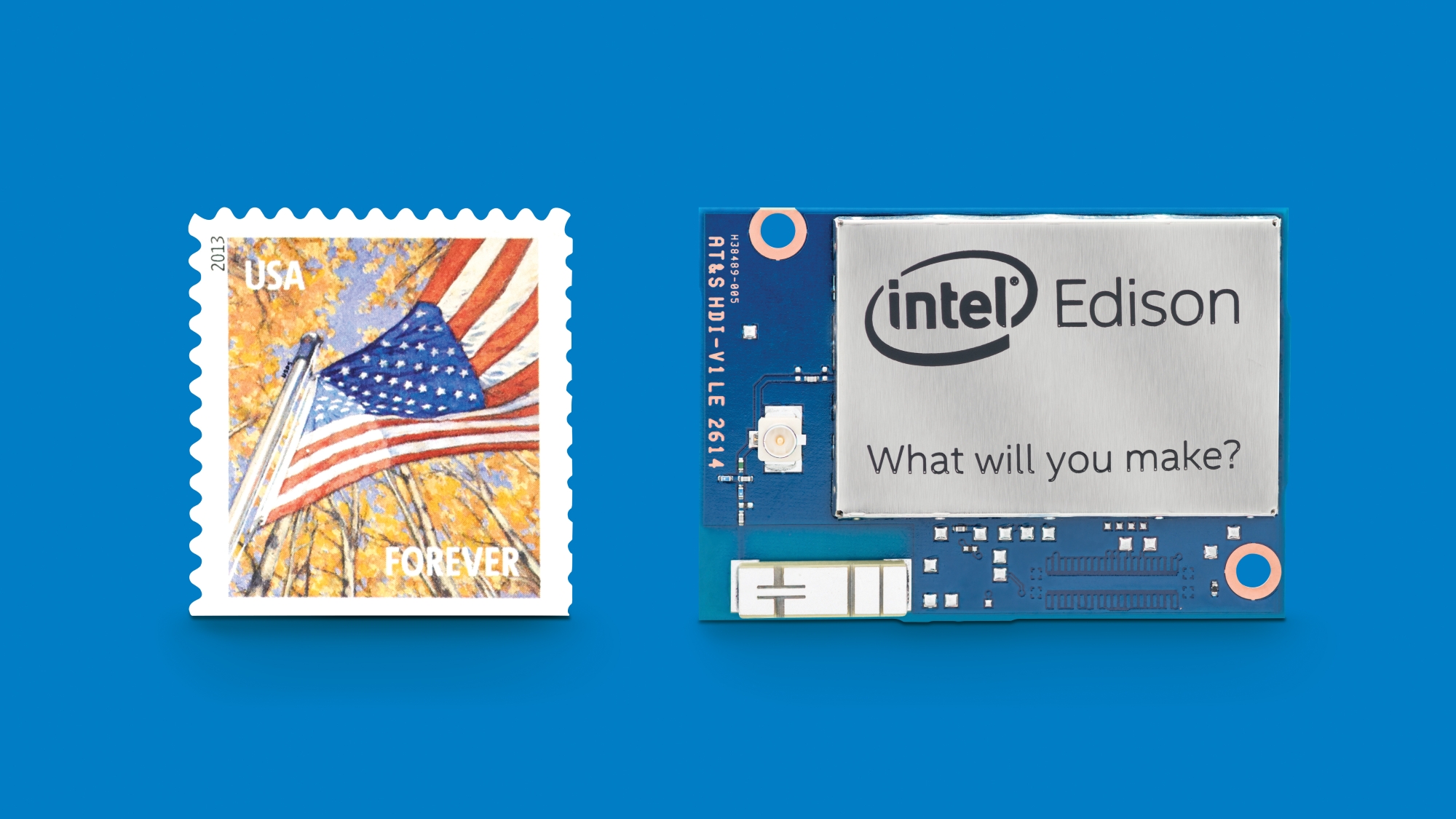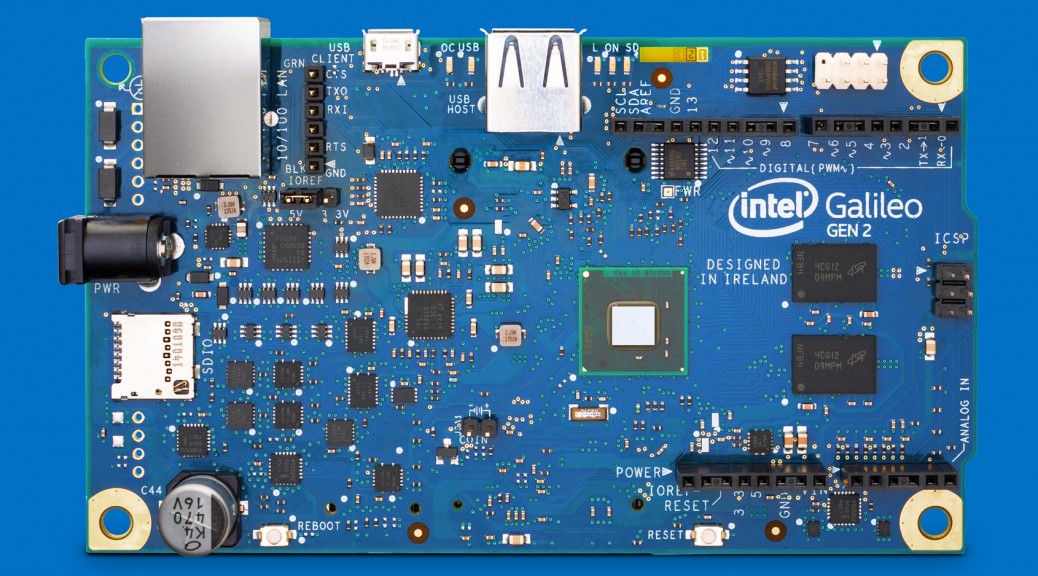2025-12-03
After a couple of nights fighting with LLMs, I noticed that most "bad outputs" were actually my lack of clarity.
This post is a brain dump so you can avoid my detours and ship prompts that behave.
Continue Reading
2024-03-11
After research and personal experience, it's time to write down some important points about health and physical condition.
Continue Reading
2020-08-31
After a couple of years collaborating with open source/free software projects, I started to help newcomers to contribute and push the development practices further. This post will try to itemize the most important items that can used for software collaboration.
Before starting, be sure to follow my previous posts, this post complements what already exists.
Continue Reading
2020-08-24
Git is awesome, git rocks, git is like a super advanced car, but if you don't read the manual, you'll never know the features!
Continue Reading
2020-08-10
I'm happy to announce that QML Online is now running with the last version of Qt (5.15) and with an initial Kirigami integration with breeze icons!
Continue Reading
2020-08-08
After working for some time collaborating with open source/free software projects, I started to help newcomers to contribute and push the development further with good practices.
This post will try to itemize some important tips that can be used for software collaboration and personal projects, hopefully it'll help you to have a solid ground of good practices and advices for your contributions in a project. It contains information abut good code practices, a simple guide of helpful API design, code organization, comments, naming variables, development flow and self-criticism. Please enjoy, and any feedback (including critics) is much appreciated!
Continue Reading
2020-08-03
A new feature of QML Online is already available, allows it to run in any site/blog with minimal js/html code!
Hopefully, our experience with QML examples, tutorials and documentation should change in the near future.
Continue Reading
2020-06-16
A quick update, QML Online now has a new home!
Continue Reading
2020-05-20
Finally, after working since October and learning a bunch about WebAssembly, CSS, HTML (sad, right ?) and emscripten, I can happily announce a stable version of qmlonline!
In this post, I'm going to show the idea behind the project and some code that may help you with your future adventures.
Continue Reading
2018-08-21
A long time ago I saw this in hackaday, after investigation over it on internet, I decided to get one from aliexpress ($9).
Continue Reading
2018-08-19
One question that I receive (from my friends, myself and people that install archlinux at 3am) appears every time. How to create a multiboot architecture inside a sdcard for the Raspberry Pi ?
After a boring day doing some unrelated stuff out of home, and with 1h free to do something before sleep and eating (heating my frozen lasagna), why not solving that secular question that follow me ?
Continue Reading
2018-08-05
Gtreamer is a great tool for everything that need to deal with video transmission, some things you can do with it:
- Add a subtitle while the video is streaming
- Get video from file, udp, or v4l and store or transmit it
- Get two webcam videos, mix both together in the the same stream (Creating a stereo image)
- A RTSP server
- And etc..
Continue Reading
2017-07-02
After some time working with Qt3D, now Atelier project is one step closer to have a 3D viewer from the GCode and a realtime draw of printer work.
Continue Reading
2017-05-14
It was my first participation in a KDE sprint event, the famous LaKademy (Latin-America Akademy) in Brazil, Minas Gerais - Belo Horizonte. A great experience to talk, share and learn a bit more about KDE, coffee and software development.
Next I'll talk about some points of what I have done during the event.
Continue Reading
2017-02-01
KDev-Embedded now have OpenOCD integration and a new interface to use avrdude in launcher.
With Arduino-Makefile, it's possible to use a makefile to perform compilation of Arduino projects. In the video one the the examples are used to shows how it is possible to use the new avrdude launcher to execute the upload process.
Continue Reading
2017-01-30
3D printing, also known as additive manufacturing (AM), refers to various processes used to synthesize a three-dimensional object.[1] In 3D printing, successive layers of material are formed under computer control to create an object.
Continue Reading
2017-01-30
After some work in the plugin development, now the project have a strong focus in a better integration with KDevelop workflow. Until now the Board Configuration window have some simple features to perform the upload process for beginner users, it's called by the embedded submenu in the KDevelop toolbar.
Continue Reading
2017-01-29
The GSoC plan to dominate the world of embedded system developments is near to have his first version !
Today one of the most important steps was performed, the first upload to a microController. The code was a blink compiled with a makefile and uploaded with the KDev-Embedded plugin to an AVR microController (Arduino Nano board).
Continue Reading
2017-01-28
The actual embedded system word depends on closed-source IDEs and libraries, with high monetary value and deprecated functionalities. Programmers that would like to use ARM based boards without paying for an IDE will have problems setting up such development ambient and synchronized toolkits.
The main idea of this project is to provide a plugin integrated with KDevelop to help the debugging and programming process of embedded systems like AVR, ARM and x86 based boards.
Continue Reading
2016-12-10
After some time reading about hacking RF signals:
Continue Reading
2016-12-09
On 29 September 2014, FTDI released an updated version of their USB-to-Serial driver, It was reported by some users that the updated can brick some fake FTDIs chips, by changing their ID to 0000. After some time, the windows update the version of the drive, now this problem is happening a lot in the last days.
Continue Reading
2016-12-09
The Edison Platform is a little computer with all necessary system and hardware to provide a good experiment, we have: wi-fi, bluetooth, serial, io pins and alot more.
As we see the Edson board is an x86-32 architecture, 4 gigabytes to store our files, 1 gigabyte of ram to execute our applications, 2 processing cores to allow the development of parallel programs. this is a development platform with higher performance compared to Respaberry Pi and 1/40 of its volume.
Continue Reading
2016-12-09
Some of the tutorials on the internet are outdated, and cause a lot of problems to start on the develop of the Galileo Gen 2 Board, to solve this, we will explain what you'll need to do to make the best setup possible.
Continue Reading

